Learning By Doing
Our pedagogical approach focuses on optimising knowledge transfer. To do this, we use a variety of methodologies tailored to each training programme, which facilitate a deep understanding and the practical application of concepts: Learning by Doing.
The aim is to immerse each participant in real-world scenarios for the most experiential learning possible. By tackling these challenges, you will develop the skills that will enable you not only to make better personal and professional decisions, but also to understand and enhance your own profile and leadership.
Some of the methodologies we apply in our programmes are:
Image
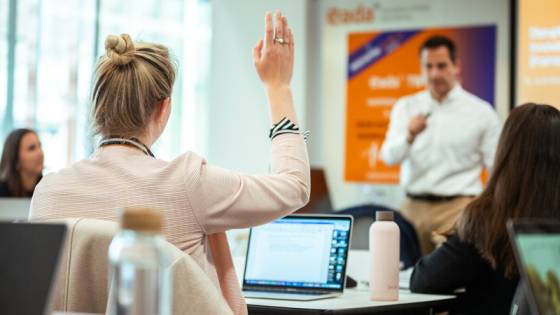 Case method
Case method

Teaching through the case method involves discussing real-life situations that organisations commonly encounter. By analysing the information provided, first individually and then in a working group, you will apply knowledge and management models while adopting a fast, effective, and practical decision-making process.
With the guidance of the teaching staff, who act as facilitators and guides throughout the process, you will reach the analysis, diagnosis, and solution of the case at hand, maintaining methodological order and rigour. The session concludes with the identification of the key learning points.
Image
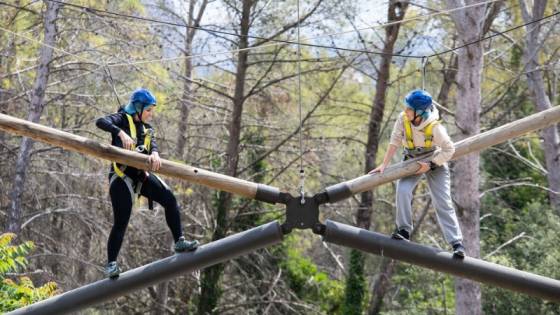 Outdoor training
Outdoor training

EADA Business School has been a pioneer in Spain since 1989 in employing experiential outdoor training methodology within its programmes, which enhances the development of person-centred skills.
Through interactive and group activities conducted outdoors, you will undergo a learning process where you will recreate work environment scenarios and engage the physical, emotional, and spiritual dimensions that you need to consider in your daily professional decisions.
Image
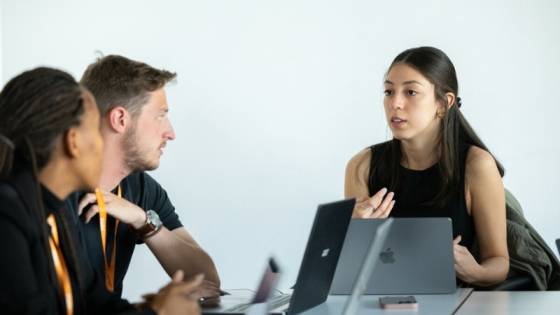 Teamwork
Teamwork

Through stable groups, you will make decisions based on consensus and tackle all types of business challenges, emulating executive teams.
The composition of the groups will be determined by combining professional and educational profiles, with the aim of ensuring maximum diversity within each group. This is an opportunity to create shared learning experiences among participants and faculty.
Image
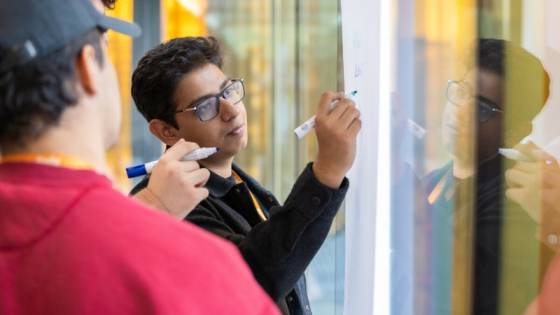 Workshops
Workshops

You will participate in interactive sessions focused on the practical application of the knowledge acquired through other methodologies. These sessions may take various formats, such as practical exercises, debates, or group work sessions, depending on the objective and the topic.
Image
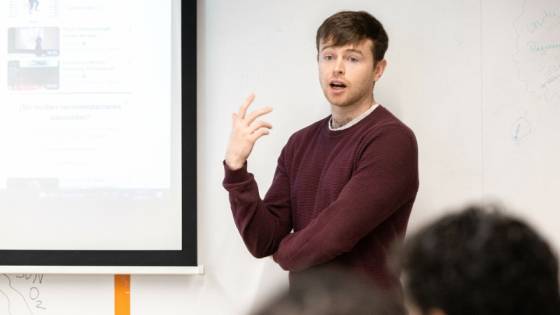 Role play
Role play

Role play is a technique that allows you to simulate a situation that occurs in real life. By practising this technique, you will assume the role of a specific character, thereby experiencing a real-life scenario within a business context.
Image
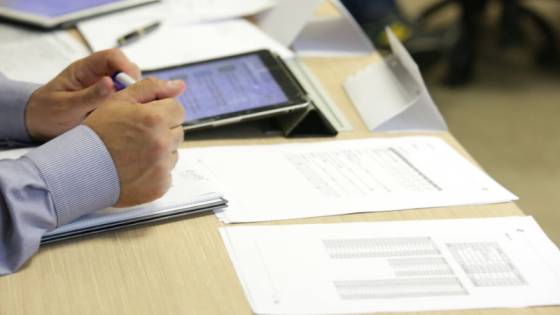 Business simulation
Business simulation

You will be able to train decision-making skills in a business simulation environment.
Some examples include: The Fresh Connection in the field of Operations and SCM; Markstrat for strategic marketing decisions and mix management; and Palatine, which is more focused on project management.
Image
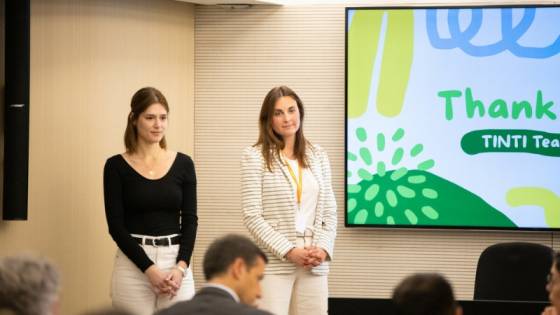 Project
Project

You will undertake a project, which will take shape as the programme progresses and will be supported by a tutor to ensure the transfer of learning.
Participants, united by a common interest, will form teams with the aim of developing a project that addresses a real business challenge proposed by a programme participant or by the academic team. The projects will be defended before a panel of executives at the end of the programme.
Image
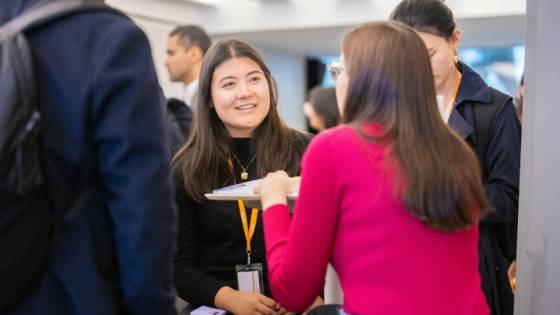 Immersive Learning
Immersive Learning

You will develop your leadership, sharing experiences with other leaders and working in constant interaction scenarios to train alternative behaviours to the usual ones and improve your ability to influence.
Image
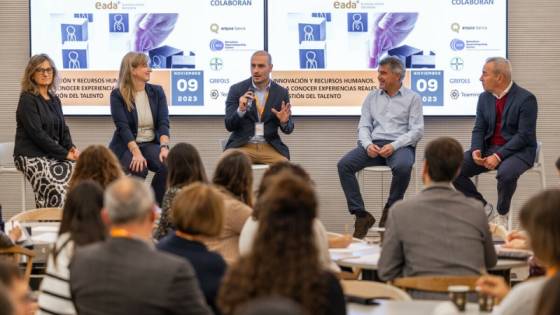 Conferences
Conferences

Entrepreneurs and managers, experts in their respective areas of knowledge, will share their experience of success as a way of approaching business reality.
